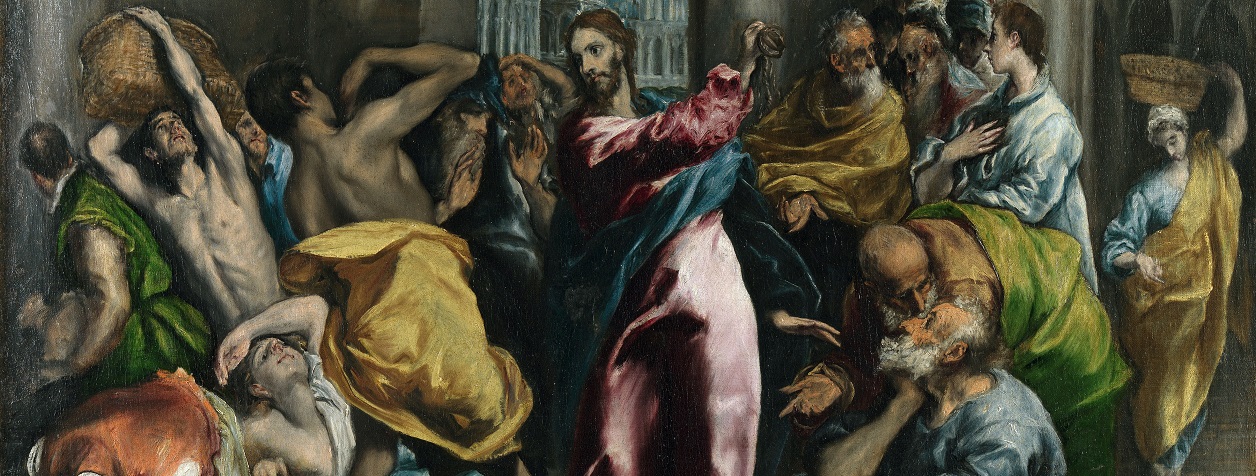By Paul Bodenham, Programme Leader for Social Action, Diocese of Nottingham
Even if you have escaped the coronavirus so far, I am sure that, like me, you are grappling with its impact – on yourself, your family and friends, your world and on your branch of the Caritas family.
While other countries were locking down in March 2020, the British government initially took a controversial strategy of ‘herd immunity’, which required an infection rate of up to 60%. There was an outcry when independent scientists forecast it would mean that 250,000 British lives would be lost. But by then, many more people, possibly leading to thousands, had become infected.
The bewildering loss of life in Britain has confronted us with challenging questions about our Anglo-Saxon values. Did we choose leaders who value capital and wealth more than people and life? Can we believe in that kind of world anymore? How will our Prime Minister’s encounter with mortality change his own leadership? How will we pull together in the aftermath?
Already polls say that only 9% of Britons want to go back to ‘normal’. The air is clearer; communities are becoming reunited; poorly paid workers in essential services are at last getting the esteem they deserve. There is a sense here in the United Kingdom that we stand on a threshold.
When lockdown finally did come, the nation was unready. Church congregations had no opportunity to meet to plan their pastoral care and outreach. Consequently the response of Caritas organisations in England and Wales has varied widely according to their capacity. In many dioceses, including my own in the East Midlands, Caritas is not a provider of professional services, but rather a network of volunteers and parishes. In fact, Nottingham Diocese is not yet a Caritas diocese at all, but on the journey, thanks to support from Caritas Social Action Network (CSAN).
The initial response in smaller dioceses like mine was characterised by a focus on sacraments and safeguarding, where the greatest capacity exists. There was an early proliferation of live-streamed Masses, but it is proving harder to move pastoral care online. Clergy were advised that volunteers must have a criminal record check, but there were no precedents to say what they could safely do. Catholics have been encouraged to volunteer with civil projects approved by local authorities, and discouraged from putting themselves and the Church at risk by establishing parish-based initiatives.
This cautious early response was understandable and necessary, but does little to foster the dynamism of caritas in our communities. As the person leading the development of Caritas for Nottingham Diocese, I have found that my role must face in two directions: outward service and inward investment.
For the outward journey I turned to CSAN and SVP (Society of St Vincent de Paul) for help to develop creative responses that are safe for volunteers and beneficiaries. I played a small part in the preparation of a pandemic response toolkit, which I hope will be promoted far and wide.
Looking inwards, the pandemic has revealed how much Caritas relies on the capital assets of the Church – spiritual, financial and human. A seven-point call to action is emerging for our parishioners:
- Community Care – Look after vulnerable parishioners, and yourself;
- Networked Parish – Stay socially distanced but still connected;
- Virtual volunteering – Offer your ICT and social media skills;
- Grow in the Gospel – Meet up, seek God, reach out;
- We are Caritas – Tend a wounded world with love;
- Stay connected – Sign up for news through lockdown and beyond;
- Weekly offertory – Switch to Standing Order.
In Nottingham, we were due to launch our Caritas journey at a diocesan conference on 28 March, but it did not happen. We have published the prospectus anyway, offering support to parishes in the ministries we already had planned:
- Environment and global responsibility;
- Poverty and dignity;
- Modern slavery and human trafficking;
- Refugees and asylum seekers;
- Tackling social isolation.
These five crises will only become more acute as we emerge from lockdown. What will change qualitatively, however, is our sixth ministry ‘Building communities of missionary disciples’. And for that task we can turn for guidance to Pope Francis.
In a remarkable interview Pope Francis draws attention to three opportunities buried deep in this pandemic: to build ‘an economy that is less liquid, more human’, to ‘move from using and misusing nature to contemplating it’, to ‘“see” the poor’ and, in so doing, to restore their humanity.
Implicit in all his meditations on the pandemic is a challenge to the Caritas family: to recognise this time as a kairos moment. We have an opportunity for systemic change – and a duty to honour the rising public mood of repentance and longing for renewal. How shall we be true to that call?
This blog post was first published by Caritas Europa.

